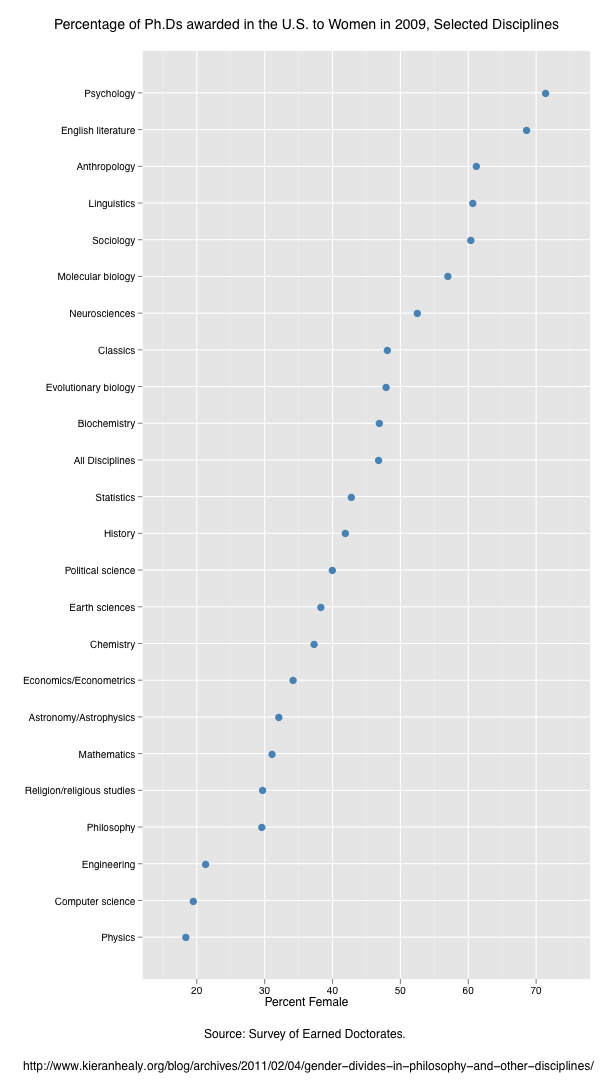Via Tyler Cowen comes a Michael Lewis thumbsucker about Ireland. Lewis is a great writer, but I do wonder whether he should have listened to his driver a bit less:
When I went looking for some Irish person to drive me around, the result was a fellow I will call Ian McRory (he asked me not to use his real name in this article), who is Irish, and a driver, but pretty clearly a lot of other things, too. Ian has what appears to be a military-grade navigational system, for instance, and surprising knowledge about abstruse and secretive matters. “I do some personal security, and things of that nature,” he says … and leaves it at that. Later, when I mention the name of a formerly rich Irish property developer, he says, casually, as if it were all in a day’s work, that he had let himself into the fellow’s vacation house and snapped photographs of the interior, “for a man I know who is thinking of buying it.” Ian turns out to have a good feel for what I, or anyone else, might find interesting in rural Ireland. He will say, for example, “Over there, that’s a pretty typical fairy ring,” and then explain, interestingly, that these circles of stones or mushrooms that occur in Irish fields are believed by local farmers to house mythical creatures. “Irish people actually believe in fairies?,” I ask, straining but failing to catch a glimpse of the typical fairy ring to which Ian has just pointed. “I mean, if you walked right up and asked him to his face, ‘Do you believe in fairies?’ most guys will deny it,” he replies. “But if you ask him to dig out the fairy ring on his property, he won’t do it. To my way of thinking, that’s believing.” And it is. It’s a tactical belief, a belief that exists because the upside to disbelief is too small, like the former Irish belief that Irish land prices would rise forever.
On the other hand, maybe it’s just as well that Ian McRory — real name, Paddy O’Whackery, or perhaps Liam Mac an Bréagadóir — was on hand to provide the legally required Leprechaun quota for the article, or Lewis would have been unable to get it published. Ian’s dark hints of connections to the Provos, or possibly Dublin gangland, is a nice touch, as are his “The thing about Irish people” musings later in the article.
